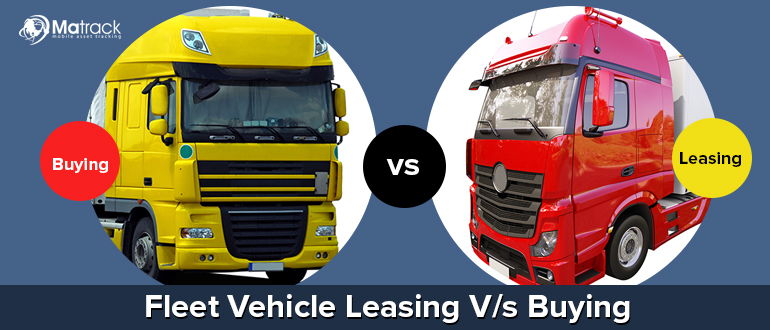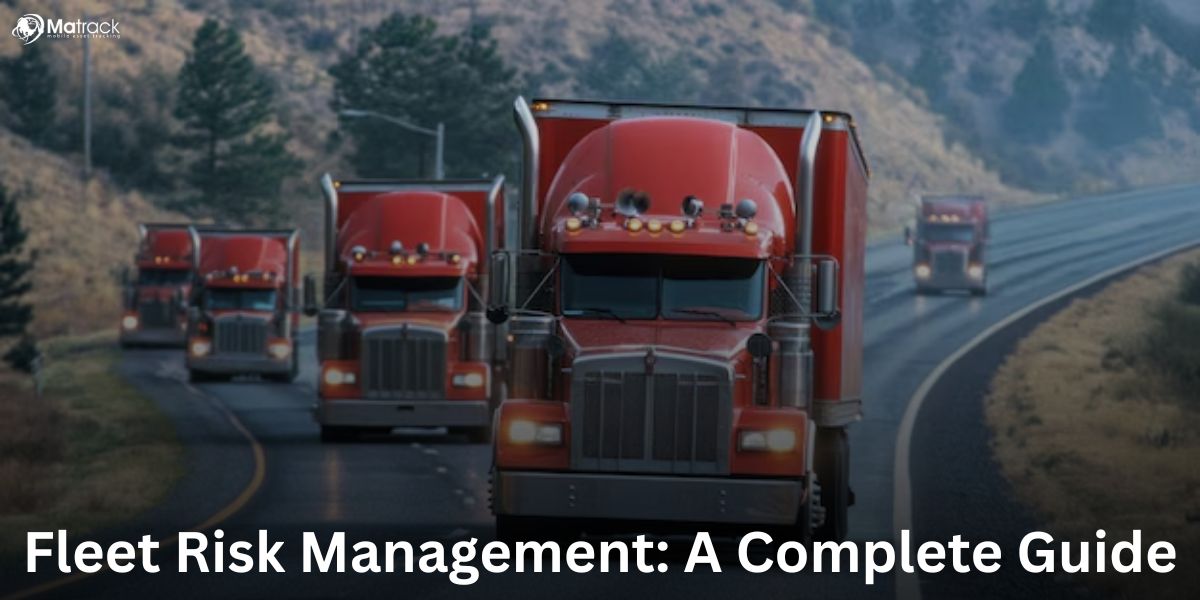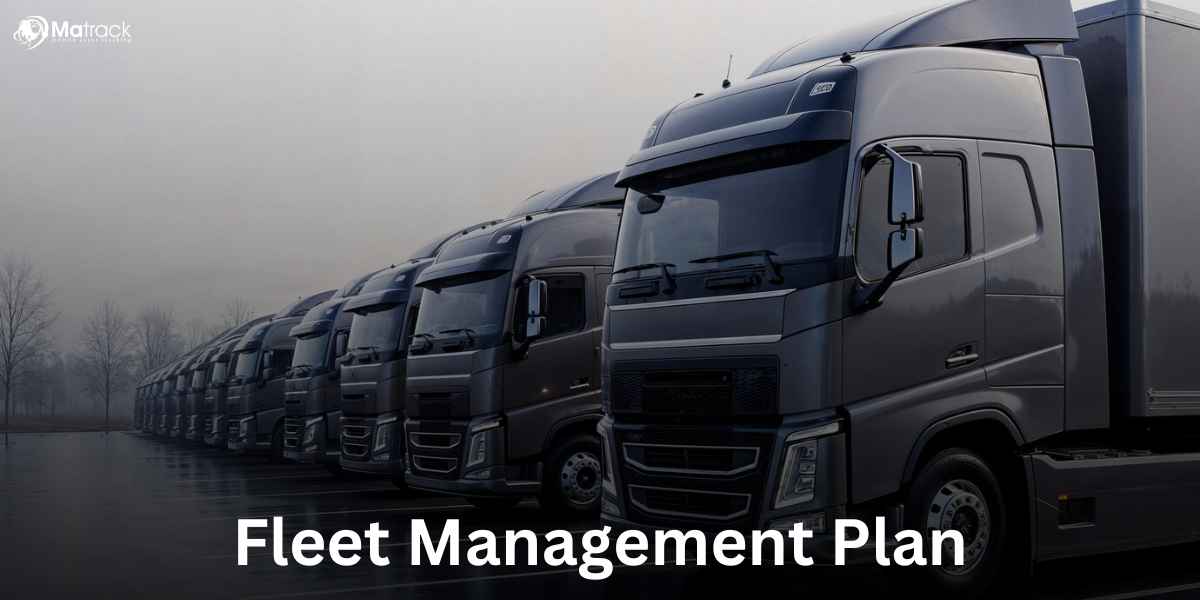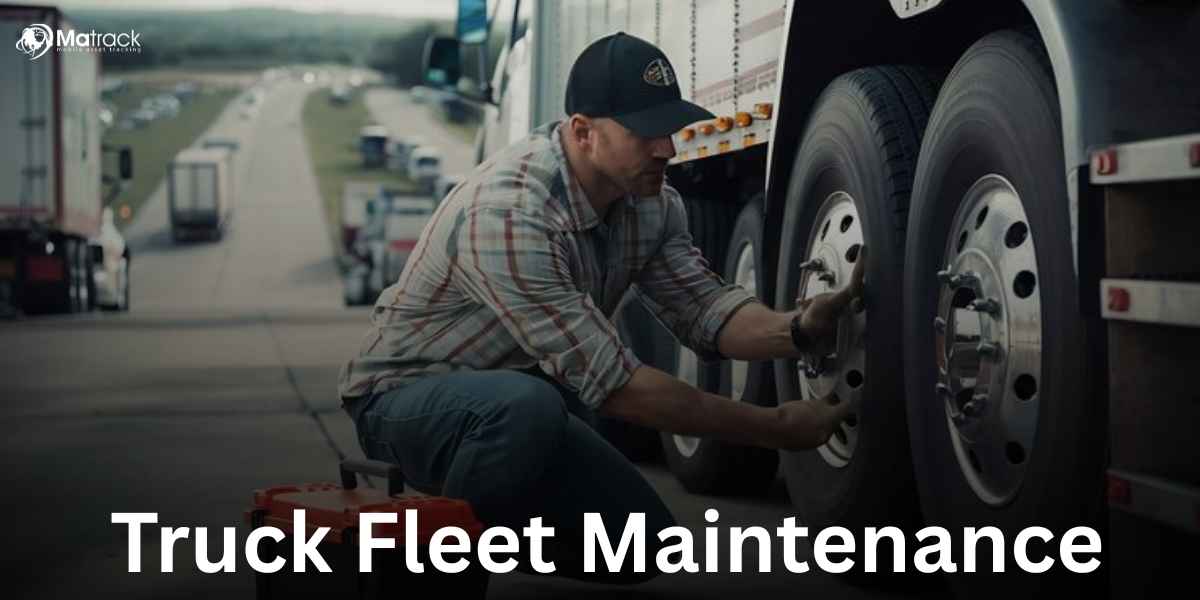Key Takeaways:
- Leasing is best for businesses needing flexibility, lower upfront costs, and included maintenance.
- Buying is better for companies requiring full ownership, unlimited mileage, and long-term cost savings.
- Leasing limits mileage and modifications, while buying allows full control over vehicle use and resale.
- The right choice depends on financial stability, fleet usage, and business growth strategy.
What is Fleet Leasing?
Fleet leasing involves renting vehicles from a leasing company for a specified period, typically 2-5 years. Businesses make monthly lease payments, and at the end of the term, they can either return the vehicles, renew the lease, or purchase the vehicles at a predetermined residual value.
How Does Fleet Leasing Work?
Choosing a Leasing Provider
Businesses partner with a leasing company or fleet management provider that offers vehicles suitable for their operational needs. Leasing companies provide various options, from basic sedans for sales teams to specialized trucks for logistics.
Selecting Vehicles and Lease Terms
Once a leasing provider is chosen, businesses select the vehicles they need and determine the lease terms, which include:
- Lease Duration – Typically ranges from 24 to 60 months.
- Mileage Limits – Most leases set annual mileage limits, commonly between 10,000 to 25,000 miles per vehicle.
- Maintenance Packages – Some leases include maintenance and servicing, while others require the business to handle repairs.
- Customization Restrictions – Leasing agreements may limit modifications such as branding, special equipment installation, or interior adjustments.
Signing the Lease Agreement
After finalizing terms, businesses sign a contract outlining the responsibilities of both parties. This document details:
- Monthly lease payments and interest rates.
- Vehicle usage restrictions.
- Insurance and liability requirements.
- End-of-lease terms, including buyout options and potential penalties.
Making Monthly Lease Payments
Businesses make regular lease payments based on the agreed terms. These payments typically cover:
- Depreciation Costs – The value the vehicle loses over time.
- Financing Charges – Interest associated with the lease.
- Optional Maintenance and Warranty Costs – If included in the lease package.
Managing the Fleet During the Lease
Throughout the lease term, businesses use the vehicles as needed while adhering to contractual obligations. Fleet managers track mileage, ensure regular servicing, and monitor lease conditions to avoid extra costs.
End-of-Lease Options
When the lease term expires, businesses can choose from several options:
- Return the Vehicles – If they no longer need them or want to upgrade to newer models.
- Extend the Lease – If they wish to continue using the same vehicles.
- Buy the Vehicles – Some leases offer a purchase option at a predetermined residual value.
- Lease New Vehicles – Businesses can transition into a new lease with updated vehicles.
Handling Lease-End Costs
At the lease’s conclusion, the leasing company inspects vehicles for excess wear and tear. Businesses may incur charges for:
- Excessive Mileage – Surpassing the agreed mileage limit results in per-mile penalties.
- Damage Beyond Normal Wear – Scratches, dents, and interior damage can lead to extra fees.
- Unfulfilled Maintenance Requirements – If the lease agreement included servicing obligations that were not met.
Advantages and Disadvantages of Fleet Leasing
| Advantage | Disadvantage |
| Lower Monthly Costs | No Ownership Equity |
| Reduced Maintenance Responsibility | Mileage Restrictions |
| Easy Vehicle Upgrades | Customization Limits |
| Tax Benefits | Long-Term Cost Can Be Higher |
| Lower Upfront Investment | Contractual Obligations |
How to Find a Fleet Leasing Program
Finding the right fleet leasing program requires careful evaluation of your business needs, budget, and provider options. Follow these steps to identify the best leasing solution:
Assess Your Fleet Requirements
Determine the number of vehicles, types (sedans, vans, trucks), estimated mileage, and operational needs.
Research Leasing Providers
Look for reputable fleet leasing companies with competitive rates, flexible terms, and good customer reviews. Compare national providers, local dealerships, and specialized leasing firms.
Evaluate Lease Terms
Review contract details, including lease duration, mileage limits, maintenance packages, insurance requirements, and early termination fees.
Check Maintenance and Support Services
Some leasing programs include maintenance, roadside assistance, and fleet management solutions—choose a provider that minimizes downtime and operational costs.
Compare Costs and Tax Benefits
Analyze upfront costs, monthly payments, and tax advantages. Ensure the lease structure aligns with your financial strategy.
Negotiate and Finalize the Lease
Negotiate terms that suit your business, including buyout options, mileage flexibility, and additional services. Once satisfied, sign the contract and integrate the vehicles into your fleet.
When Leasing is the Better Option
- Businesses need predictable expenses with lower initial investment.
- Companies require frequent upgrades to newer models.
- Organizations that prefer avoiding maintenance and depreciation concerns.
- Fleets with moderate, controlled mileage to avoid overage penalties.
What is Fleet Vehicle Buying?
Fleet buying refers to purchasing vehicles outright or financing them through a loan. Businesses own the vehicles, giving them full control over maintenance, usage, and resale. The company bears all depreciation costs but also enjoys long-term financial benefits.
How Does Fleet Vehicle Buying Work?
Define Fleet Needs
Determine the type, number, and specifications of vehicles required based on business operations, expected mileage, fuel efficiency, and maintenance considerations.
Choose Between Cash Purchase or Financing
- Cash Purchase – Immediate ownership with no interest payments but higher upfront costs.
- Financing – Businesses take out a loan or lease-to-own plan, spreading payments over time while gaining ownership.
Select a Supplier or Dealer
Compare vehicle prices, warranties, and after-sales support from manufacturers, fleet sales departments, and commercial vehicle dealers. Bulk purchases may qualify for discounts.
Finalize Purchase and Payment Terms
Negotiate pricing, payment plans, and fleet incentives. Ensure financing terms, if applicable, offer competitive interest rates and manageable repayment schedules.
Register and Insure Vehicles
Complete legal registrations, obtain commercial insurance, and ensure compliance with local regulations. Some businesses may qualify for tax deductions on depreciation and loan interest.
Implement Fleet Management Strategies
After purchase, businesses must oversee maintenance, fuel usage, repairs, and resale planning. Implementing fleet tracking and management software helps optimize efficiency.
Resale and Depreciation Management
Over time, businesses must assess when to replace or resell vehicles. Proper maintenance and mileage tracking help maximize resale value.
Advantages and Disadvantages of Fleet Vehicle Buying
| Advantage | Disadvantage |
| Full Ownership | High Upfront Costs |
| No Mileage Limits | Higher Maintenance Responsibility |
| Customizations Allowed | Depreciation Costs |
| Long-Term Cost Savings | Tied-Up Capital |
| Resale Value | Risk of Technological Obsolescence |
When Buying is the Better Option
- Businesses with high-mileage usage where lease limits would be costly.
- Companies needing full ownership and control over customization.
- Organizations with the financial capability to invest in long-term fleet assets.
- Fleets operating for extended periods without frequent vehicle turnover.
Key Differences Between Fleet Leasing and Buying
| Feature | Leasing | Buying |
| Ownership | Leasing company owns the vehicles. | Business owns the vehicles outright. |
| Monthly Costs | Lower payments as you’re only paying for depreciation. | Higher payments but contribute toward ownership. |
| Upfront Costs | Minimal, often just a deposit. | Higher initial investment required. |
| Maintenance Costs | May be included in lease agreements. | Entirely the business’s responsibility. |
| Flexibility | Easy to upgrade to newer models at lease end. | Stuck with vehicles until they are sold or scrapped. |
| Resale Value | No resale responsibility. | Businesses can sell or trade vehicles when needed. |
| Tax Benefits | Lease payments may be deductible as a business expense. | Depreciation and interest on loans can be deductible. |
| Mileage Limits | Leases typically have mileage restrictions. | No restrictions on usage. |
| Customization | Limited modifications allowed. | Full control over vehicle modifications. |
Factors to Consider When Choosing Between Leasing and Buying
Business Size and Financial Health
- If your company has limited upfront capital, leasing offers a cost-effective way to access fleet vehicles.
- If your business is financially stable with sufficient reserves, buying may provide long-term savings.
Fleet Usage and Mileage
- If vehicles are used for high-mileage operations, buying is often a better choice to avoid lease penalties.
- If vehicles are used moderately with predictable mileage, leasing can be a cost-effective option.
Vehicle Turnover and Technology Needs
- If you need the latest models for efficiency and branding, leasing allows easy upgrades.
- If long-term reliability is a priority, purchasing ensures you keep vehicles as long as necessary.
Tax Implications
- Leasing offers immediate tax deductions for operational expenses.
- Buying allows businesses to claim depreciation and interest expenses, which can be beneficial for long-term savings.
Maintenance Costs and Responsibilities
- Leasing often includes maintenance packages, reducing unexpected repair costs.
- Buying requires a dedicated budget for repairs and maintenance, especially for aging vehicles.
Customization Requirements
- Leasing may not permit necessary modifications for business needs.
- Buying allows complete control over branding and customization.
Total Cost Over Time
- Leasing may seem cheaper monthly, but over decades, businesses may spend more on recurring leases.
- Buying has higher initial costs but can save money in the long run.
Cost Breakdown of Fleet lease and Buying
| Vehicle Type | Average Lease Cost (Per Month) | Average Purchase Cost |
| Compact Car | $250 – $400 | $20,000 – $30,000 |
| Midsize Sedan | $300 – $500 | $25,000 – $40,000 |
| Full-Size SUV | $500 – $800 | $40,000 – $70,000 |
| Pickup Truck | $450 – $700 | $35,000 – $55,000 |
| Cargo Van | $500 – $750 | $35,000 – $50,000 |
| Box Truck (16ft) | $900 – $1,500 | $50,000 – $80,000 |
| Heavy-Duty Truck | $1,500 – $3,000 | $80,000 – $150,000 |
Should You Lease or Buy?
Leasing has lower upfront costs, fixed expenses, and minimal maintenance responsibilities. It is ideal for businesses needing flexibility and short-term fleet use.
Buying provides full ownership, no mileage limits, and customization options. It suits companies with stable finances and long-term fleet management.
Assess costs, usage, and business goals before deciding. Choose the option that ensures efficiency and financial stability.



